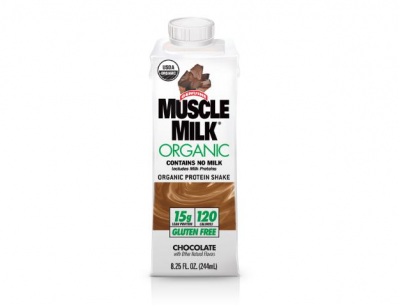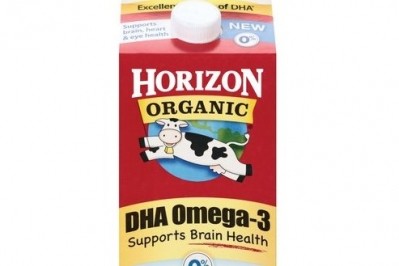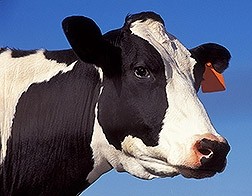Organic milk higher in heart-healthy omega-3: US study

The team, headed by Washington State University (WSU) researcher Charles Benbrook, discovered that on average organic milk contained lower levels of omega-6 fatty acids and higher levels of omega-3 fatty acids than regular milk.
A high ratio of omega-6 fatty acids to omega-3 fatty acids has previously been linked to heart disease, cancer and autoimmune diseases.
The organic milk tested during the study contained an average of 62% more omega-3 fatty acids than regular milk, and 25% less omega-6 fatty acids.
According to the study, Organic Production Enhances Milk Nutritional Quality by Shifting Fatty Acid Composition, the findings “confirm that there are significant opportunities to improve the fatty acid profile of milk and dairy products.”
Less omega-6, more omega-3
The researchers tested 378 samples of organic and conventional milk from 14 commercial processors in California, Texas, and the Northeast, Northwest, Midwest, Mid-Atlantic, and Rocky Mountains regions over a period of 18 months.
Conventional milk tested by the team was found to have an average omega-6 to omega-3 ratio of 5.8, while the average ratio in organic was found to be 2.3.
Cows producing milk for US Department of Agriculture’s (USDA) National Organic Program are required to consume at least 30% of their daily dry matter intake (DMI) from pasture grasses and legumes, which have a high omega-3 content. While cows producing milk for non-organic dairies eat mostly corn, which is low in omega-3 and high in omega-6.
“This study confirms earlier findings that milk from cows consuming significant amounts of grass and legume-based forages contain less linoleic acid and other omega-6 fatty acids and higher concentration of alpha-linoleic acid, conjugated linoleic acid, and the long chain omega-3 eicosapentaenoic acid and docosapentaenoic acid, compared to cows lacking access to pasture and fed substantial quantities of grains,” said the study, which was published in the journal, PLOS ONE.
“We conclude that increasing reliance on pasture and forage-based feeds on dairy farms has considerable potential to improve the fatty acid profile of milk and dairy products."
Improve long-term health
An industry shift towards organic milk production standards could in turn lead to improvements in consumer health, the study added.
“Moreover, improvements in the nutritional quality of milk and dairy products should improve long-term health status and outcomes, especially for pregnant women, infants, children, and those with elevated cardiovascular disease risk. The expected benefits are greatest for those who simultaneously avoid foods with relatively high levels of linoleic acid, increase intakes of fat-containing dairy products, and switch to predominantly organic dairy products," it said.
Source: PLoS ONE, doi:10.1371/journal.pone.0082429
Title: "Organic Production Enhances Milk Nutritional Quality by Shifting Fatty Acid Composition: A United States–Wide, 18-Month Study"
Authors: Benbrook CM, Butler G, Latif MA, Leifert C, Davis DR
















